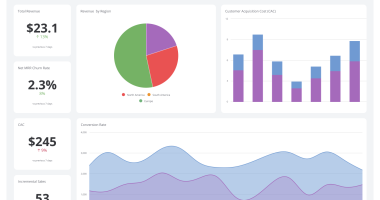Understanding Artificial Intelligence: A Beginner’s Insight
Artificial Intelligence (AI) refers to the simulation of human intelligence in machines that are programmed to think, learn, and make decisions. At its core, AI combines data, algorithms, and computational power to solve problems and automate tasks that traditionally require human cognition.
The most basic form of AI is called narrow AI, which is designed to perform specific tasks—such as recognizing faces, translating languages, or recommending products. These systems learn from large sets of data and improve their performance over time without being explicitly programmed for every outcome.
One key concept in AI is machine learning, a method where computers learn from patterns in data. Deep learning, a subset of machine learning, uses neural networks inspired by the human brain to handle complex tasks like speech recognition and image analysis.
AI is already integrated into daily life through voice assistants like Siri or Google Assistant, recommendation engines on YouTube and Netflix, and even fraud detection in banking systems.
While AI is revolutionizing industries, it also raises ethical concerns, including data privacy, bias in algorithms, and the future of employment. Therefore, learning AI basics not only helps us understand current technology but also prepares us to engage with its growing influence responsibly.








